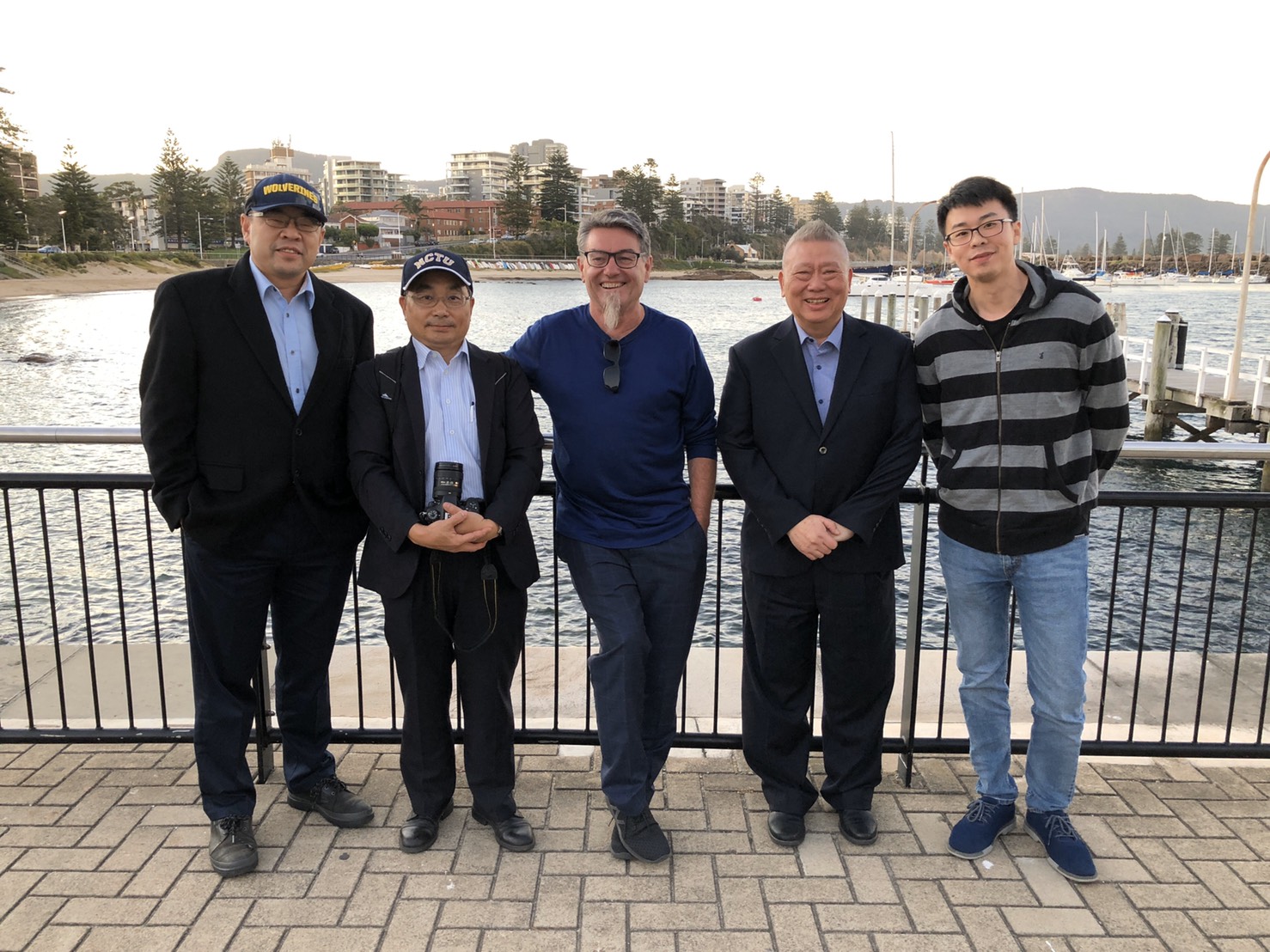News
3D printing bone tissue
Jun 28 2022
ACES played host to a number of international visitors this week for a workshop on wireless communication, whilst progressing research with our collaborators in Taiwan.

With a focus on enabling electroceuticals (use of electrical impulses that target specific neural circuits in body tissues or organs affected by an illness to improve performance), the workshop brought together experts from our University of Wollongong (UOW) node and our collaborators from National Chiao Tung University (NCTU) in Taiwan and the University of Texas at Dallas (UTD). Electroceuticals have become a hot topic of research in recent years, as it focuses on creating treatments with minimal invasion and side effects.
Long-time collaborator, UTD’s Prof Mario Romero-Ortega, opened the workshop via teleconference with a talk on wireless neural stimulators, expanding on his research with ACES Director Gordon Wallace and UOW researchers. This research has assisted in the development of the sutrode, which combines the electrical properties of an electrode with the mechanical properties of a suture (read more about the sutrode here), giving surgeons an implantable fibre that can deliver electrical impulses and communicate with the nervous system.
Prof Yu-Ting Cheng and Prof Peter Wu from NCTU offered their expertise throughout the workshop, also presenting on electroceuticals and implantable devices.
The visit from NCTU helped establish a framework for a new collaboration involving the development of novel microelectronic systems that can be coupled with our most advanced materials to enable wireless communication with living cells.
“This is an interesting time. The extraordinary knowledge accumulated in the areas of microelectronics and biology are converging to deliver bionic systems we have dreamt of for years,” said Prof Wallace.
This latest research builds on an existing collaboration with NCTU involving the advancement of a method to accurately pattern living cells onto retinal chips.
A microvalve-based jetting technique and a collagen based bioink was additionally developed to print these retinal cells with high accuracy and viability, with the printer now in Taiwan for ongoing work on functional cell studies.
In parallel, a custom built electrical stimulator and recording system developed by NCTU is currently in our lab for studying neural stimulation.













